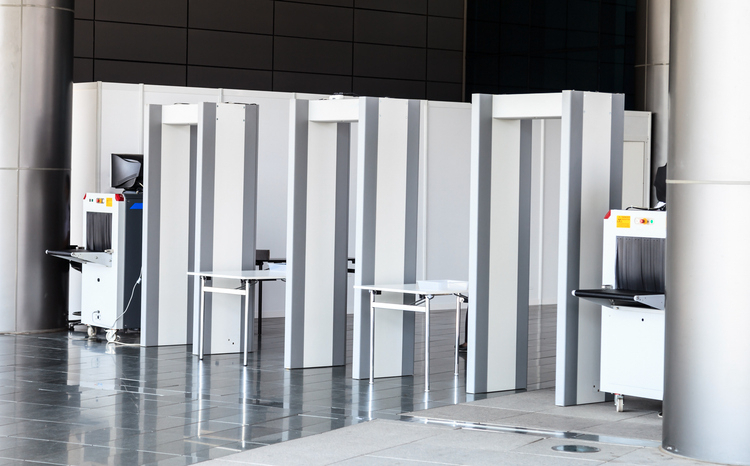
 |
| (Getty Images Bank) |
A traveler was forced to undergo an invasive body search, including the removal of her sanitary pad, after a drug detection scanner at Daegu Airport falsely flagged her for carrying drugs.
On Oct. 8, a woman in her 30s was traveling from the Philippines through Daegu Airport when an ion scanner at the checkpoint detected a high level of narcotics in her suitcase, which contained e-liquid for an electronic cigarette, according to Daegu Regional Customs on Monday.
She told the customs officials that the liquid was for her personal use. The officials then used a millimeter-wave scanner, which detects items attached to the body, to search the woman and her companions. The device showed there being an object near her pants, which turned out to be a sanitary pad.
The woman was then escorted to another room, where she had to remove the pad and show it to a female customs official. After conducting a 20-minute inspection, authorities concluded that there were no substances suspected of being drugs present and allowed her to leave.
The woman told Yonhap News Agency that the incident at the airport left her severely stressed and that she had vaginal bleeding for five days.
Amid sparking backlash over the invasive search, Daegu Regional Customs on Tuesday denied the notion of an equipment malfunction and defended the body search as legitimate.
It noted that the ion scanner detects molecular structures resembling narcotics, and because that particular e-liquid’s molecular composition was similar to narcotics, the scanner flagged it.
As to the additional body search, the customs office said “it was an unavoidable measure given the recent rise of cases of smuggling drugs through concealment in the body.”
Customs stressed that all procedures adhere to legal protocols and that the officials strive to minimize traveler inconvenience during inspections. "We ask for cooperation and understanding over inconvenience that may inevitably arise during the customs inspection to thoroughly block the smuggling of drugs."









